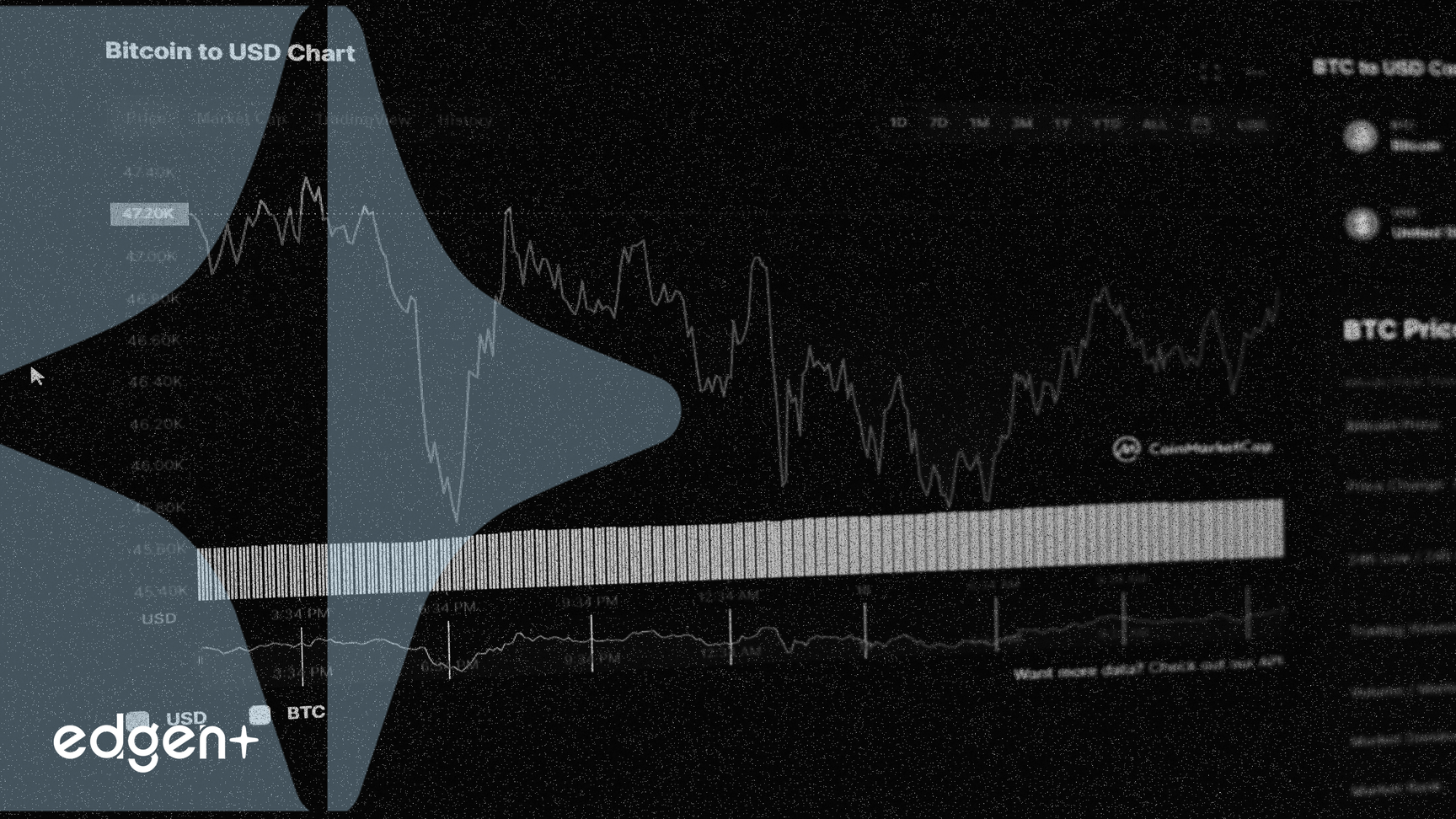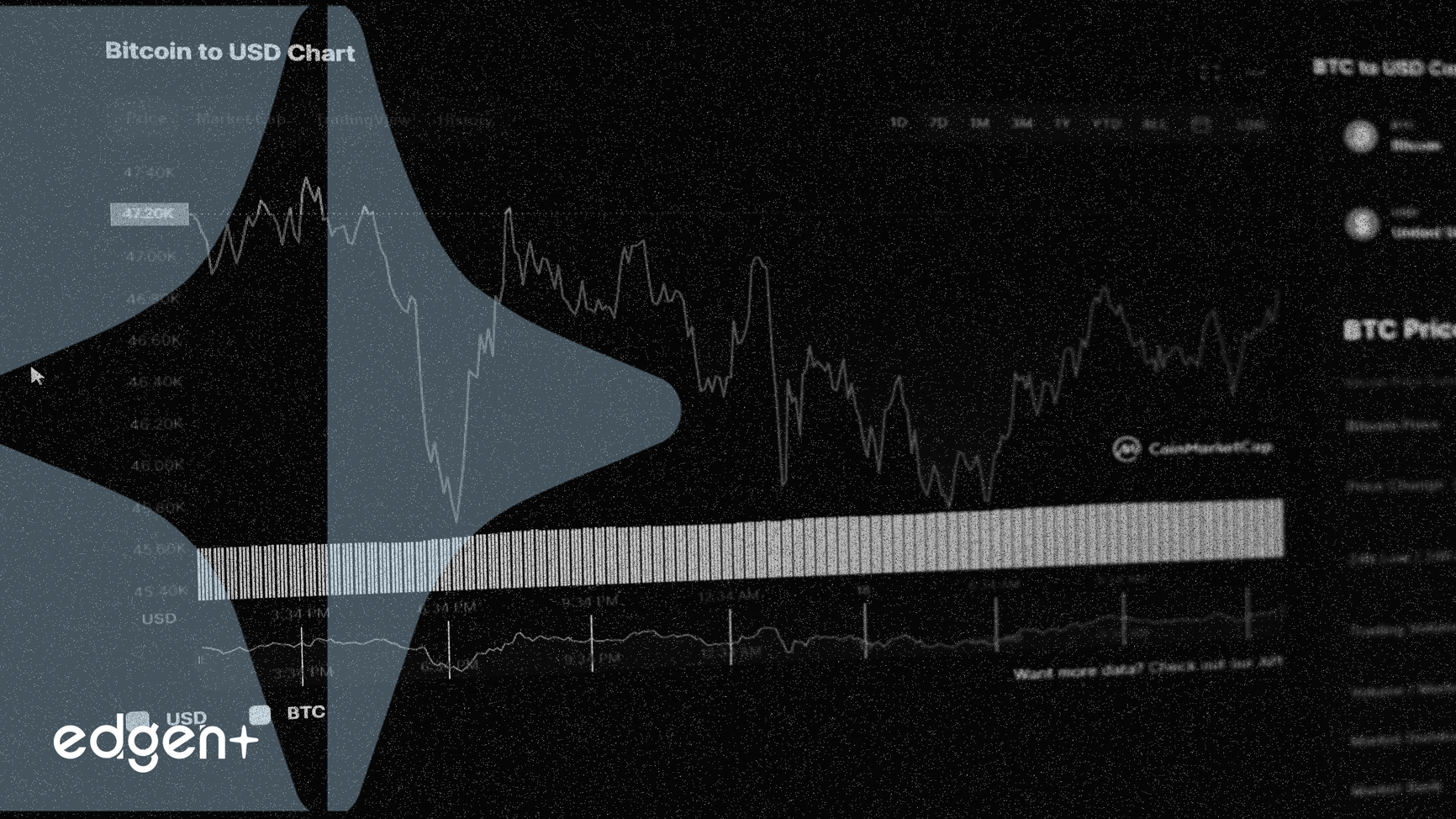NHTSA Initiates Investigation into Tesla Model Y Door Lock Malfunctions
U.S. automotive safety regulators have initiated an investigation into Tesla's (TSLA) 2021 Model Y vehicles concerning reports of malfunctioning electronic door locks. Despite this regulatory scrutiny, shares of Tesla have demonstrated notable resilience, extending a recent upward trajectory.
Details of the Safety Probe
The National Highway Traffic Safety Administration (NHTSA) announced a preliminary evaluation into approximately 174,290 2021 Tesla Model Y units. The investigation centers on complaints regarding inoperable electronic door handles, primarily attributed to insufficient battery voltage. These malfunctions have reportedly led to occupants being trapped inside vehicles, with at least four incidents requiring parents to break windows to free children. While Tesla vehicles possess internal manual release mechanisms, concerns persist about their accessibility for unattended children during emergencies. The NHTSA's Office of Defects Investigation initially focuses on external door operability but will monitor internal entrapment reports and expand its investigation accordingly.
Market Reaction Amidst Regulatory Scrutiny
The market's immediate response to the NHTSA announcement suggests a nuanced interpretation by investors. Shares of Tesla (TSLA), a bellwether in the Automotive Sector, were up approximately 1% in premarket trading following the news, extending a recent rally to its sixth consecutive session of gains. This upward movement reflects an improving sentiment around the electric vehicle manufacturer's stock, partially buoyed by a recent $1 billion stock purchase by Chief Executive Elon Musk, perceived as a sign of confidence. This resilience occurs even as the broader S&P 500 is up 12.5% year-to-date, with Tesla's own stock up 1.5% for the year.
Broader Context and Implications for Tesla
Despite the immediate stock resilience, the door lock investigation introduces potential longer-term risks to Tesla's brand reputation and regulatory standing. The company's design chief, Franz von Holzhausen, has indicated that Tesla is considering a redesign of its electronic door handles to combine manual and electronic releases into a single, more intuitive button, acknowledging safety concerns. This proactive measure aims to align with safety standards and address public scrutiny, which is heightened given broader industry challenges related to electronic door systems, as evidenced by similar recalls from other manufacturers.
From a financial perspective, Tesla maintains robust health with a revenue of $92.72 billion and a three-year revenue growth rate of 20.7%. Its balance sheet shows a strong current ratio of 2.04 and a low debt-to-equity ratio of 0.17, alongside healthy operating, net, and gross margins of 6.23%, 6.54%, and 17.48%, respectively. However, Tesla faces significant headwinds beyond safety probes. The company's Zero-Emission Vehicle (ZEV) credit revenue, historically a substantial contributor to profitability, is projected to decline sharply—an estimated 75% drop in 2024 and a complete vanishing by 2027. This revenue void, stemming from U.S. policy shifts that removed economic incentives for legacy automakers to purchase credits, poses a systemic risk. Analysts estimate that 75% of Tesla's credit revenue came from CAFE-related credits. The financial vulnerability is exacerbated by stagnating vehicle sales, compressing margins, and the impending expiration of the $7,500 federal EV tax credit in 2025. In Q1 2025, Tesla would have reported a net loss without this credit revenue, underscoring its historical dependency.
Analyst Commentary and Valuation
Analyst targets currently suggest a price of $305.35 for Tesla's stock, with a recommendation score of 2.7. The company's current trading metrics, including a P/E ratio of 237.14 and a P/S ratio of 15.54, remain near historical highs, reflecting persistent high investor expectations for future growth, despite a recent one-year earnings decline of 9.4%.
Looking Ahead: Regulatory Outcomes and Financial Adaptation
Looking ahead, the resolution of the NHTSA investigation and the successful implementation of the door handle redesign will be critical for maintaining consumer trust and mitigating regulatory risks. Investors will also closely monitor Tesla's strategies to diversify revenue streams and sustain profitability amidst the collapsing ZEV credit market and increasing competition within the electric vehicle sector. The company's Q2 2025 earnings will offer crucial insights into its adaptation strategies in a rapidly evolving policy and market landscape.
ソース:[1] NHTSA Opens Investigation Into Tesla Model Ys Trapping Occupants (https://finance.yahoo.com/m/b037af49-1ba5-3a9 ...)[2] Even a Tesla Model Y safety probe can't stop the stock's rally | Morningstar (https://vertexaisearch.cloud.google.com/groun ...)[3] Investigation Launched into Tesla (TSLA) Model Y Door Lock Issue - GuruFocus (https://vertexaisearch.cloud.google.com/groun ...)



